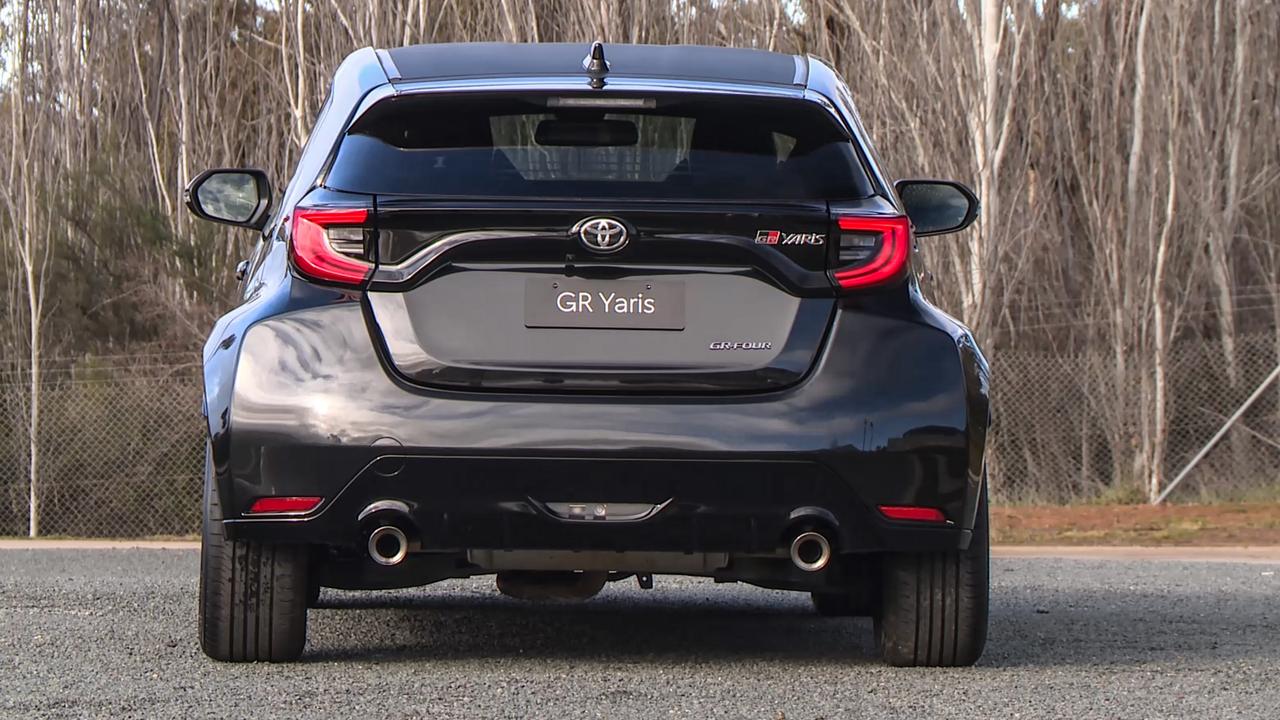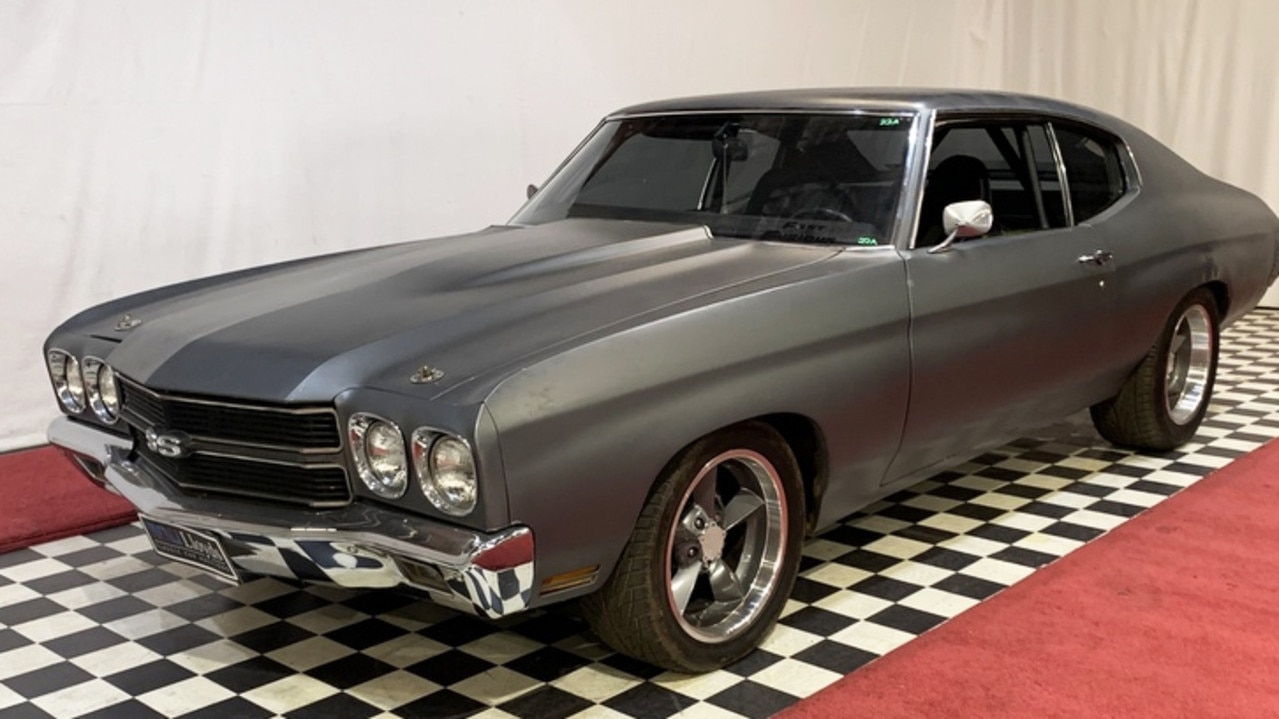Hyundai factory workers settle for $29,000 bonus
Aussie workers struggling to get a pay rise will look longingly at Hyundai’s workers that get a king’s ransom every year.
Hyundai factory workers in Korea have settled for an annual bonus of around $29,000, avoiding strike action or more lavish remuneration in the face of economic uncertainty.
Previous wage claims from the workers’ union included solid gold medals, months of salary as bonus pay, and thick slices of company profit.
The Korea JoongAng Daily reported in August that workers were set to strike following 16 rounds of failed wage negotiations. Worker demands included a monthly pay increase and 30 per cent of company profits distributed among 50,293 union members each pocketing around $18,500.

But members agreed to a different package and will work throughout September for the first time in eight years. A statement issued by the union said a modest annual pay deal was intended to help Hyundai survive a downturn, and to shield workers from “social isolation” as worker claims make international headlines each year.
Hyundai’s Korean crews represent some of the world’s best-paid assembly workers. Reuters reported in 2017 that the average union worker was paid 92 million won, about $112,500 on today’s exchange rates.
According to Reuters, this year’s pay deal includes a pay increase of 1.74 per cent (about $1950), a one-off payment of 1.5 month’s salary ($14,000), 15 shares in the company (around $2350) and a cash payment of 9 million Korean Won ($11,000).
By comparison, workers at Hyundai’s Nosovice plant in the Czech Republic told Australian media in 2017 they were paid around €1140 per month, or about $22,500 per year to build popular cars such as the i30 hatch and Tucson SUV.
Hyundai workers have a strong history of going on strike.

As former Hyundai communications executive Frank Ahrens puts it, “Korean unions are intense”.
Writing for Forbes in 2016, Ahrens said “at a press conference in 2011, a Korean labour leader invoked an ancient rite to demonstrate his commitment to his workers — he cut off the tip of his pinky finger with an axe”.
The Korea Times quoted Lee Kyung-hoon at the time as saying his personal sacrifice was a “solemn vow” to do the best for workers.
But falling car sales and difficult economic conditions buried the hatchet this year.




